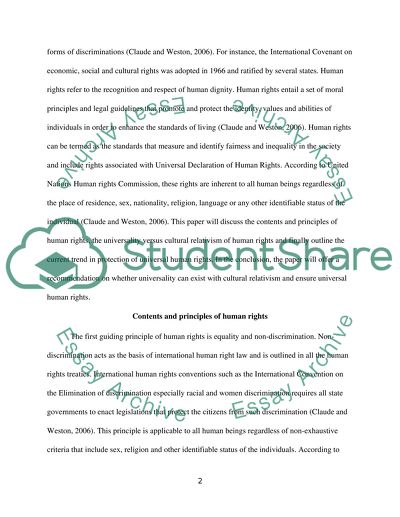Cite this document
(“In a culturally diverse word, the universality of human rights remains Assignment”, n.d.)
In a culturally diverse word, the universality of human rights remains Assignment. Retrieved from https://studentshare.org/law/1477639-in-a-culturally-diverse-word-the-universality-of
In a culturally diverse word, the universality of human rights remains Assignment. Retrieved from https://studentshare.org/law/1477639-in-a-culturally-diverse-word-the-universality-of
(In a Culturally Diverse Word, the Universality of Human Rights Remains Assignment)
In a Culturally Diverse Word, the Universality of Human Rights Remains Assignment. https://studentshare.org/law/1477639-in-a-culturally-diverse-word-the-universality-of.
In a Culturally Diverse Word, the Universality of Human Rights Remains Assignment. https://studentshare.org/law/1477639-in-a-culturally-diverse-word-the-universality-of.
“In a Culturally Diverse Word, the Universality of Human Rights Remains Assignment”, n.d. https://studentshare.org/law/1477639-in-a-culturally-diverse-word-the-universality-of.


